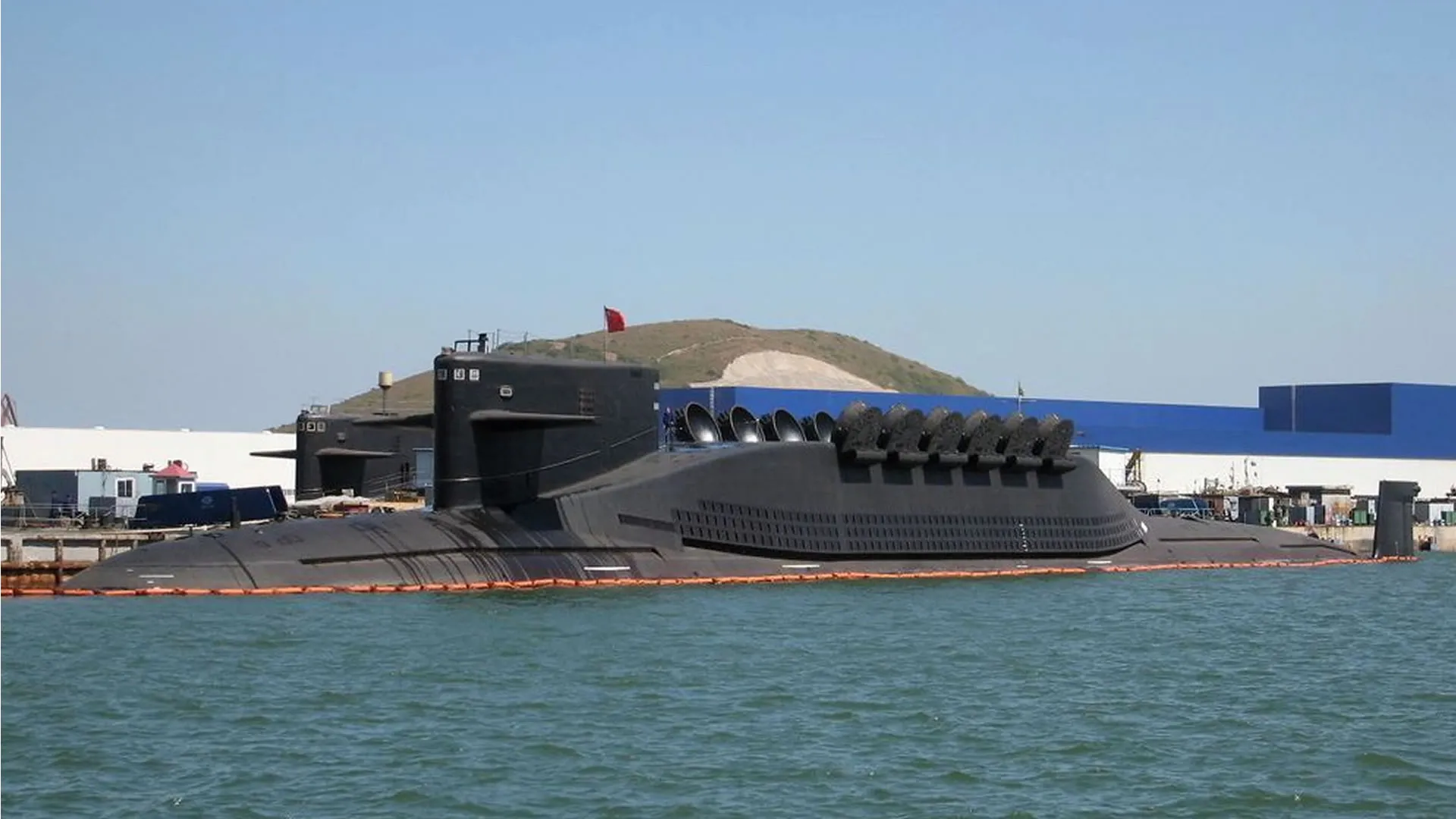
Thailand, one of the United States’ oldest allies in Asia, has reportedly signed a deal with China to buy a Chinese-built Type 039A (Thai-designated S26T) diesel-electric submarine. This comes after years of delays, following the sub’s hull being built back in 2019.
Allegedly, the project was stalled when Germany refused to supply engines (because of the EU arms embargo on China imposed after the 1989 Tiananmen Square crackdown in Beijing). Thailand has now accepted a Chinese-made engine, following China’s demonstration of its reliability through extensive testing.
The signing ceremony was attended by Admiral Jirapol Wongwit, chief of the Royal Thai Navy, at the headquarters of China Shipbuilding and Offshore International in Beijing on Tuesday (September 16).
The deal was originally supposed to be three submarines, but budget cuts reduced it to just one. Delivery of the Chinese-made submarine is now expected in 2028.
The 2,550-ton, 255-feet (77.7 meters) long S26T design features a Stirling-type air-independent propulsion system in addition to the MTU 396 diesel engine, providing at-sea endurance of up to 65 days with mixed use of the conventional diesel-electric and AIP systems, according to Naval News.
According to reports, the deal, which includes provisions for technology transfer and training, extends construction by around 40 months.
Taiwan buys a Chinese submarine
This is significant as Thailand is a long-term ally of the United States. It was a key staging ground during the Vietnam War, became a major non-NATO ally in 2003, and has hosted U.S. military operations ever since.
To this end, buying Chinese war machines sends a signal to the U.S. Analysts see this as a way for Thailand to show Washington that it won’t be pushed around politically, especially since the U.S. criticized Thailand’s 2014 coup and froze some military aid.
Analysts also point out that it doesn’t mean Thailand is switching sides. Experts stress this is more about “strategic ambiguity.” Thailand wants autonomy and flexibility, not full alignment with Beijing.
Deals like this have now made China the 4th-largest arms exporter (behind the U.S., Russia, and France). Selling advanced kits like submarines to U.S. partners also boosts its influence.
For Thailand, submarines aren’t a top defense priority; this is less about military need and more about political signaling and hedging between great powers. The U.S. officially shrugged it off, saying Thailand is still a close partner, but it’sdefinitely watching carefully.
Strengthening Thai-Chinese bonds
“Thailand’s submarine purchase was indeed a geopolitical signaling effort. Firstly, despite Thailand’s formal alliance with the United States, Bangkok’s politico-military strategy prioritizes autonomy and the preservation of ambiguity through dominance denial,” Greg Raymond, senior lecturer at the Coral Bell School of Asia Pacific Affairs’ Strategic and Defence Studies Center, explained.
“Secondly, the relatively low priority accorded to maritime forces in Thai defense planning does not necessarily imply that Bangkok has a high degree of trust in Beijing,” he added.
This new deal shows that Thailand is walking a fine line where it wants to keep its U.S. alliance while deepening ties with China. To this end, this single submarine is less about changing the military balance and more about showing independence from Washington.
“The Department of War does not comment on the procurement decisions of our allies and partners,” an unnamed Pentagon official told Newsweek.
“Thailand remains one of our oldest and closest partners in the Indo-Pacific, with nearly two centuries of friendship and over 190 years of diplomatic relations. Our defense relationship is built on a strong foundation of mutual trust, people-to-people ties, and shared commitments to regional stability,” they added.



